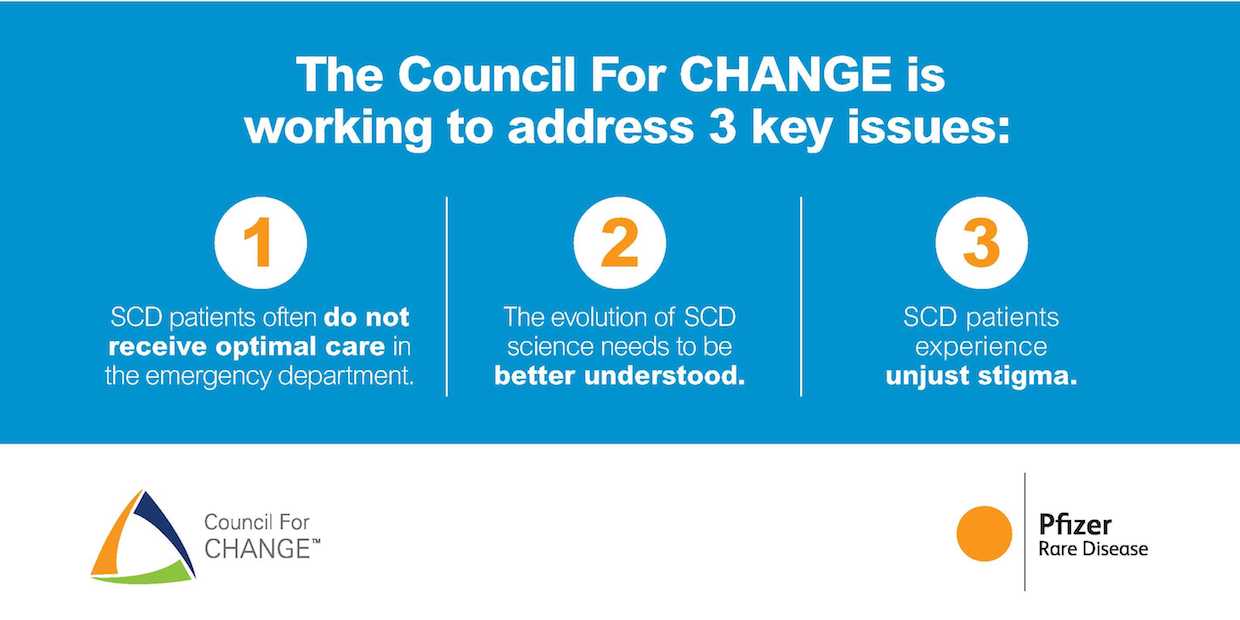This year on World Sickle Cell Day, a new report is drawing attention to the challenges of living with sickle cell disease (SCD) and the urgent need for change in patient care—particularly in the emergency department (ED).
Although SCD was identified more than 100 years ago, there has been little advancement when it comes to treatment and management, as well as overall understanding of the pathophysiology of the disease itself.
SCD is a lifelong and debilitating blood disorder that causes reduced blood and oxygen flow in the body, which often results in organ damage and severe pain. SCD affects about 100,000 people in the US, with the majority being those of African descent.
The hallmark symptom—and one of the most significant challenges—of SCD is vaso-occlusive crises (VOCs). These pain crises, which some patients experience several times a year, are so severe that patients may end up in an ED desperate for help.
Since SCD treatment options are limited, the current practice is to focus on pain management, often with opioid medications. Given the need for repeated treatments, people with SCD may build a tolerance to these medications, and as a result, require higher doses over time. Some ED staff may confuse tolerance with dependence, and mistakenly view a patient with SCD as “drug seeking,” misunderstanding the legitimacy of the pain—a major barrier to care for these patients.
Recognizing the critical need for change, Pfizer Rare Disease brought together the Sickle Cell Disease Council For CHANGE (CFC), a group of more than 20 national SCD advocates, patients, and experts to tackle pressing issues facing people with SCD today. The CFC is focused on improving quality of patient care along with enhancing education and advocacy for the SCD community. The group recently published its first report, Improving Vaso-occlusive Crisis (VOC) Management, which focuses on elevating the care paradigm in the ED.
“The stigma of SCD patients being drug-seekers isn’t new, and in fact has been made worse by the recent opioid epidemic,” said Dr. Kevin Williams, Chief Medical Officer, Pfizer Rare Disease. “What’s most concerning is that this misperception continues to negatively impact patient care. People living with SCD deserve better. That is why I am encouraged by the efforts of the CFC and the potential of this group to drive truly meaningful change in the care of people with this disease.”
Read the full Council For CHANGE report and learn more about the group’s commitment.
Pfizer Rare Disease supports the mission of the Sickle Cell Disease Council For CHANGE and has provided financial support for their meetings and the report. Pfizer colleagues have contributed to the content in this report in partnership with the members of the Council For CHANGE, but Pfizer does not have editorial control over or responsibility for its final content.
![]()
Source: Read Full Article

